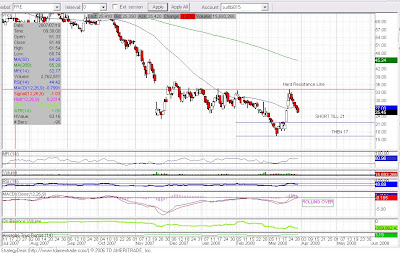The following is a small part of a radio interview by Tom Keene (
Bloomberg on the Economy )with Alex
Leijonhufvud, PhD
“Financial crisis creates a different kind of recession from the one we usually think of. One way of realizing why this is so, is to think of our entire system of money and credit as a form of social accounting. When I buy something, the money I hand over is the evidence that I have contributed to society something of equal value as that of which I now take out of society. So, the economic models on which the case for the free market system is based, more or less assumes that this condition, the equal-in-value exchange holds for everyone, everywhere, all the time. But, in a financial crisis what we discovery is the equal-in-value condition has been violated, on a large scale in a complicated way. So it is as if,
in our accounting system we discover large arithmetical errors. And this is now a problem different than an ordinary recession because in an ordinary recession we believe the equal-in-value condition is still holding true. But, for example people are slow to adjust their prices to changing conditions and that is why we have a transitory period of problems. When we have had these violations of the arithmetic of the system, sort of speak, we have a much more difficult problem that takes a lot of time to track down and its one that is made even more difficult in the current market because of the proliferation of new instruments, derivatives and so on.”
I posted this because
Leijonhufvud speaks about a very complex issue and puts it in a simple and understandable context. Look for more "errors" in the accounting system to come out (
BCS). Also, be very careful here with the Fed bail out and Moral Hazard. The Fed is buying back Mortgage paper?(oh cool, I now live in a socialist country) More on this in a new posting. Alex
Leijonhufvud wrote
On Keynesian Economics and the Economics of Keynes: A Study in Monetary Theory, in 1968 and is a
professor at The University of California, Los Angeles.

























